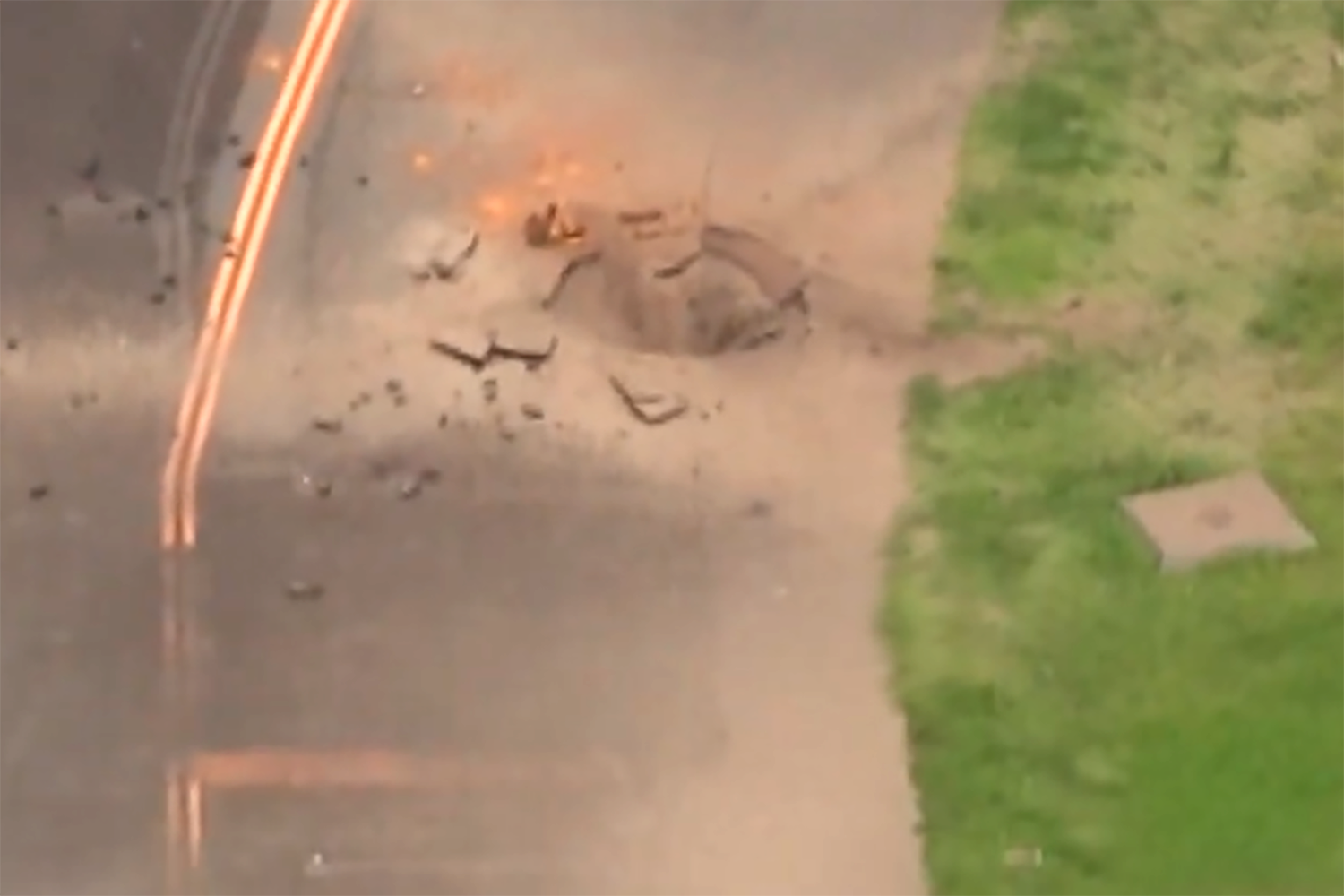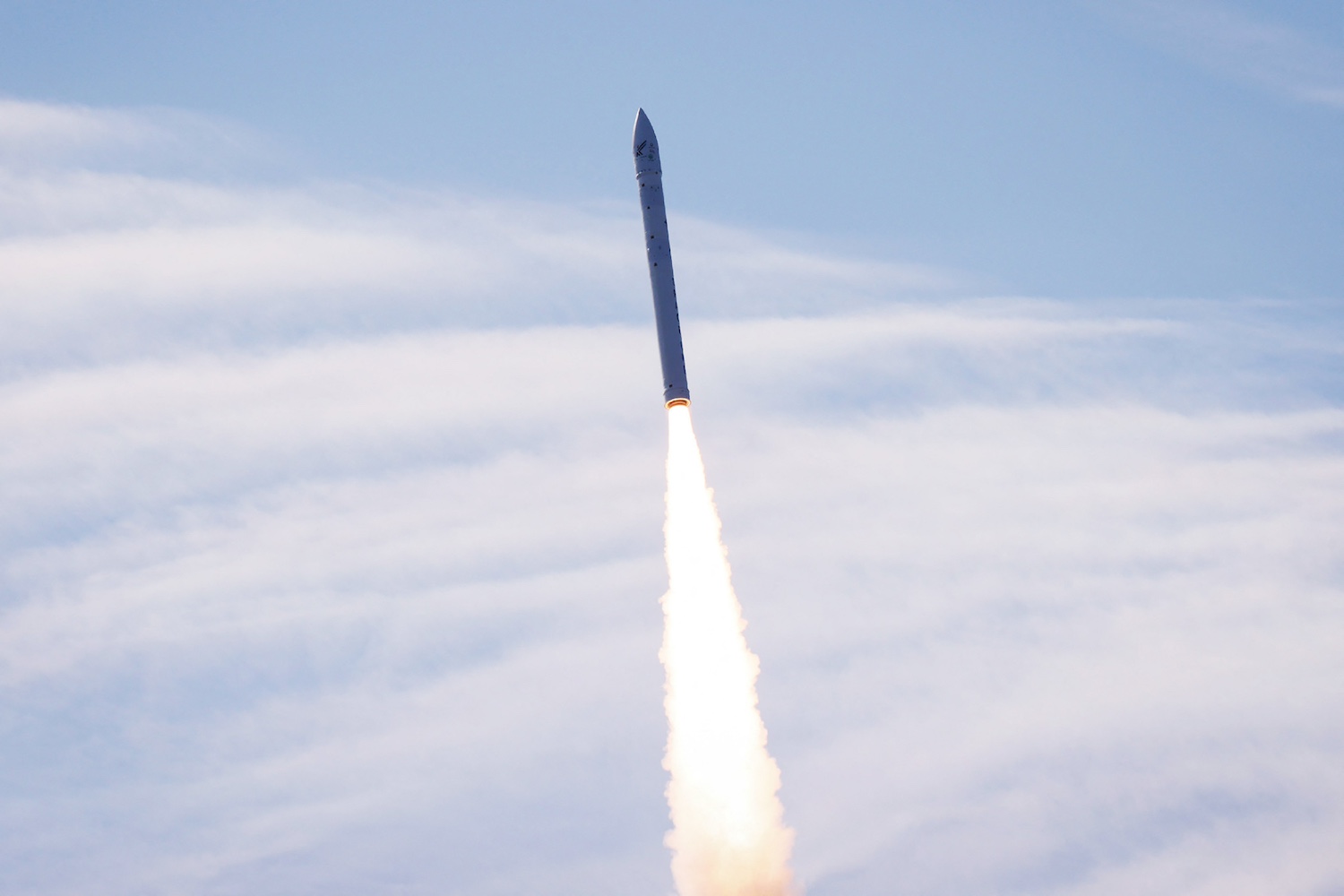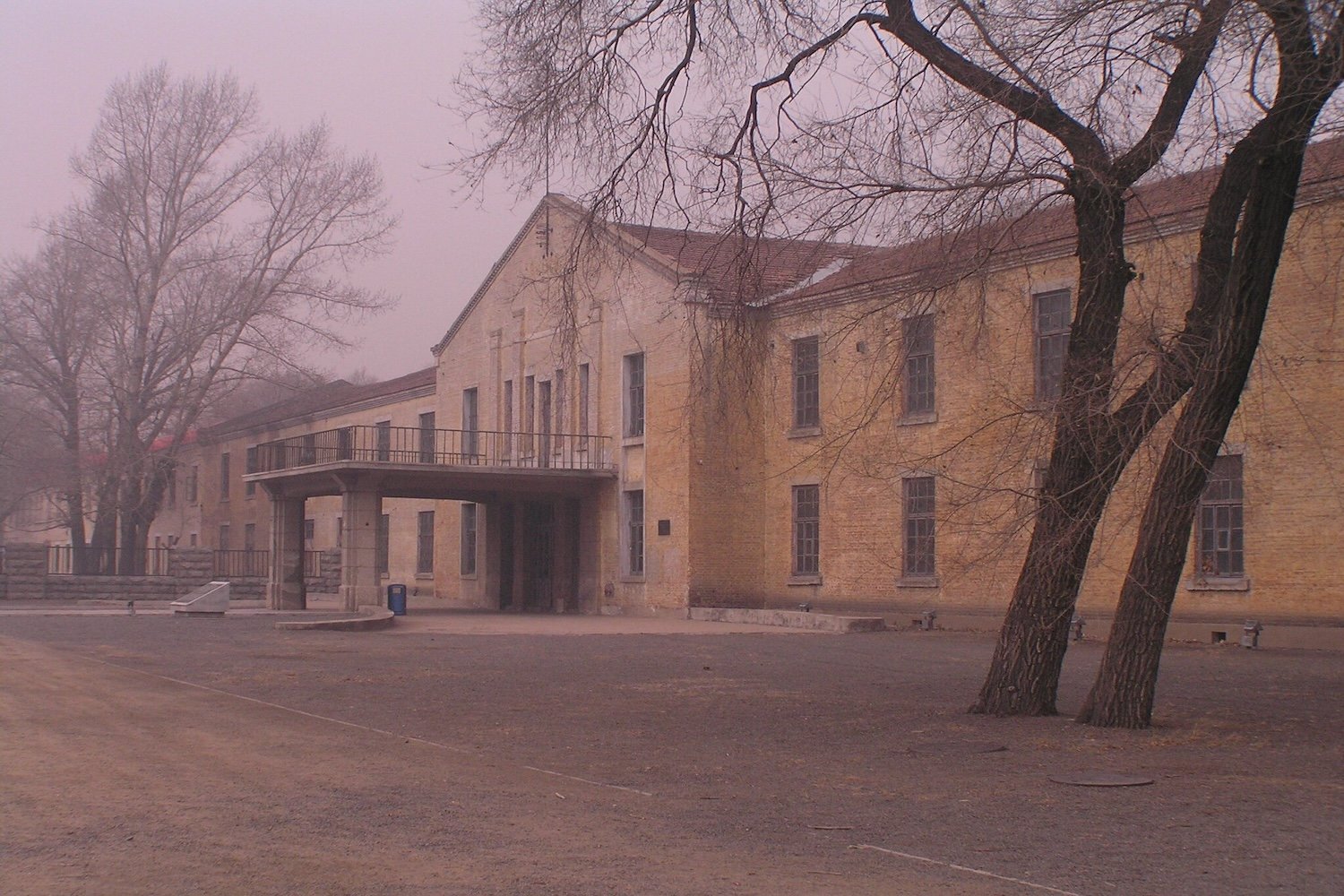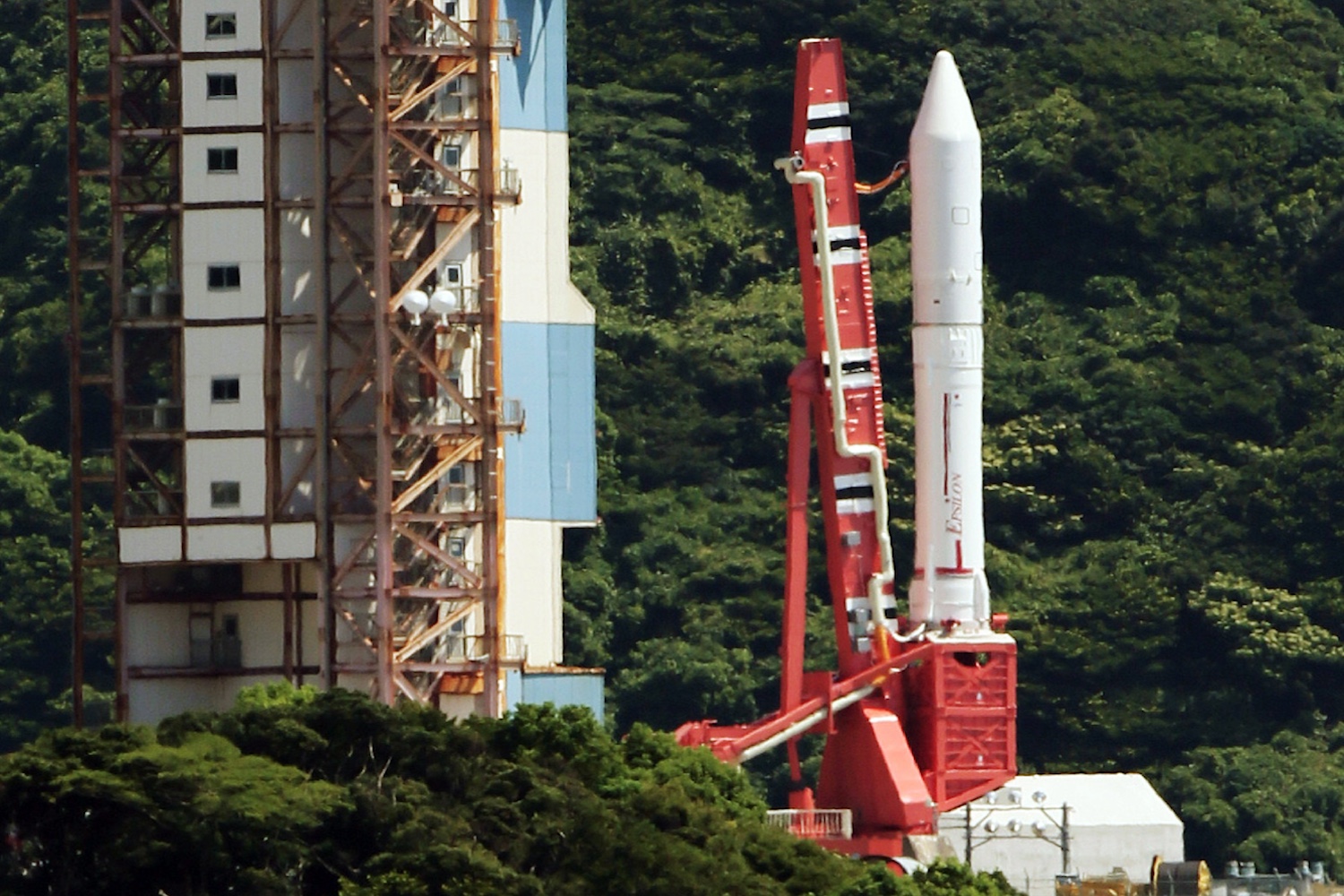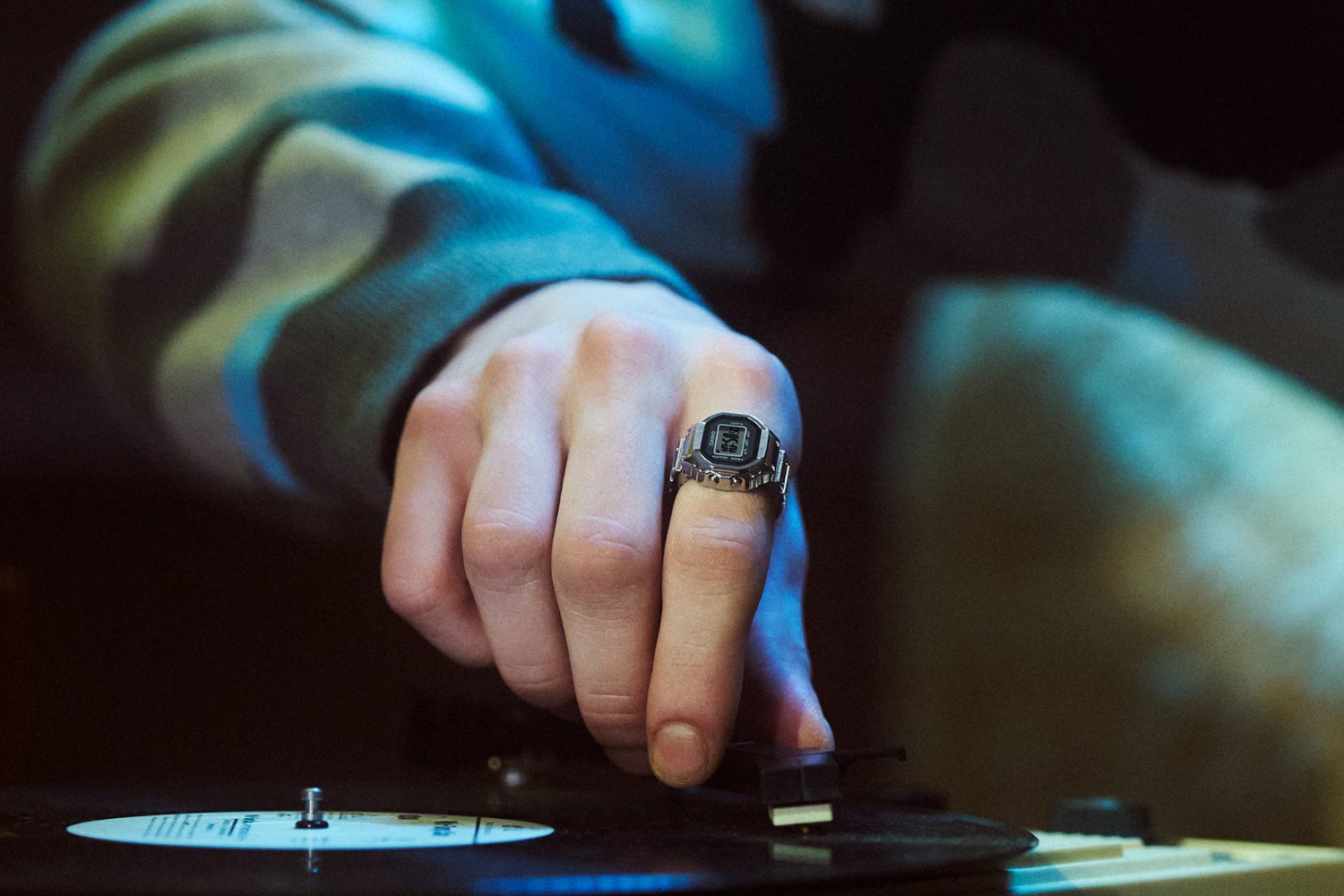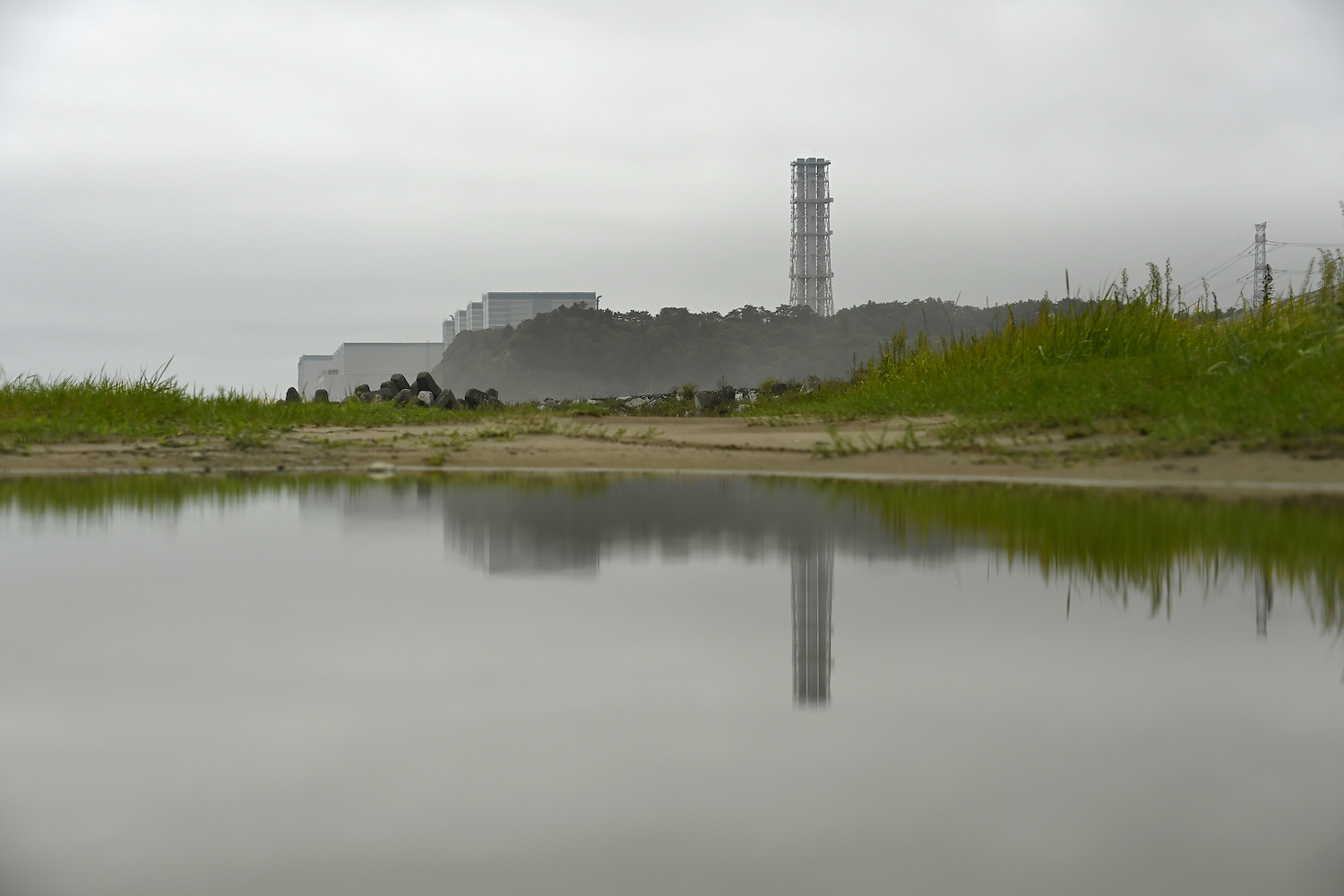A bomb from World War II exploded at the Miyazaki Airport in southwestern Japan on Wednesday. No one was injured but more than 80 flights have been canceled. Japan’s Chief Cabinet Secretary Yoshimasa Hayashi said he expects flights to resume on Thursday.
The bomb exploded on a taxiway far from any buildings and was captured on video. The explosion left a massive crater in the pavement that will take time to repair. A subsequent investigation by Japanese police and military confirmed that a 500-pound U.S. bomb was the cause, but it’s too early to know what exactly triggered the detonation.
The world is covered in unexploded ordnances. During World War II America dropped hundreds of thousands of bombs across Japan and the rest of the South Pacific. Sometimes these bombs don’t explode and they sit, undetonated, in the ground. They’re still dangerous and the world is covered in them. The airport was a launching area for Japanese pilots during the war.
It’s a particular problem in the Solomon Islands, the site of heavy shelling during the Pacific Campaign. Every year, around 20 people die or are seriously injured by World War II-era munitions left behind by the U.S. and Japan. The U.S. has spent millions to help clean up the area, but people still die while cooking meals or taking the wrong step in a place where the ground has shifted and disgorged a bomb.
The world is covered in unexploded ordnances. During World War II America dropped hundreds of thousands of bombs across Japan and the rest of the South Pacific. Sometimes these bombs don’t explode and they sit, undetonated, in the ground. They’re still dangerous and the world is covered in them. The airport was a launching area for Japanese pilots during the war.
It’s a particular problem in the Solomon Islands, the site of heavy shelling during the Pacific Campaign. Every year, around 20 people die or are seriously injured by World War II-era munitions left behind by the U.S. and Japan. The U.S. has spent millions to help clean up the area, but people still die while cooking meals or taking the wrong step in a place where the ground has shifted and disgorged a bomb.
The problem is also bad in Vietnam where the U.S. dropped millions of munitions during its war. Chuck Searcy, a Vietnam vet who watched a child kick an unexploded rocket while visiting the country decades later, spent the back half of his life cleaning them up. Project Renew, the group he started, has detonated more than 815,000 munitions in the country. There’s still more where those came from.
Europe is also covered in bombs left over from World War II. The Allies dropped an estimated 2 million tons of bombs on Germany alone. No one knows how many are waiting under the surface, ready to explode.
The United States hasn’t been spared the problem. The Civil War dotted the country with unexploded ordnance. Researchers found an unexploded shell at Gettysburg in 2023. A year before, archaeologists discovered another live round in Georgia. The local bomb squad recovered the weapon and planned to detonate it, which caused a minor controversy among historians and Civil War buffs who wanted it disarmed and preserved.
But that kind of thing is dangerous. In 2008, more than 140 years after the end of the Civil War, the conflict claimed another American life. A Civil War buff in Virginia, Sam White, found an unexploded shell from the war and took it home to restore it. It exploded in his driveway, killing him instantly.
Every year, Japan scours its country for unexploded ordnance and every year it finds new bombs to detonate. The one below the paved taxiway at the Miyazaki Airport was one it missed. It’s hard to know how many more are out there waiting to explode.
